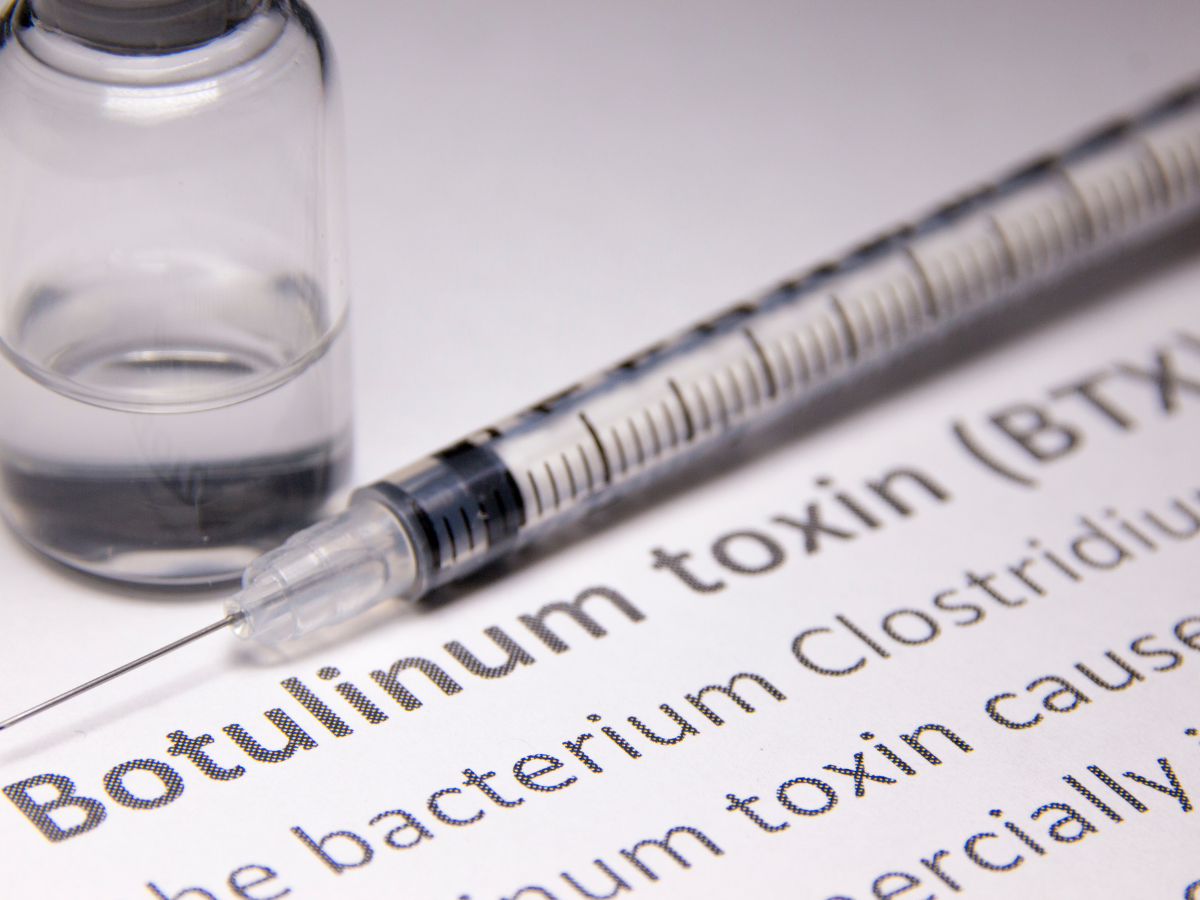How to Spot Fake Botox in New Zealand

Demand for botulinum toxin is growing rapidly. According to a recent report, the global Botox market size was estimated to be worth USD 4.3 billion in 2023 and is anticipated to reach USD 13.6 billion by 2035. Unfortunately, with surging demand comes a rise in counterfeit injectables, which can put patients at risk. The issue of ‘Black Market Botox’ has also sparked New Zealand doctors to call for better cosmetic medicine regulations and training.
As a medical aesthetics professional it’s critical to educate clients on the increasing prevalence of fake injectables. Ahead, Dr Sarah Hart shares a useful checklist of key indicators to look out for.

Dr Sarah Hart is a leading cosmetic medicine doctor, international trainer, and NZSCM Censor based in Auckland, NZ.
Price
One of the key giveaways when picking a botulinum toxin provider is the price. “Genuine injectables have a high wholesale price,” says Dr Hart. In order to provide safe and effective treatments, healthcare providers incur costs for training, safety systems, professional memberships, and audits. “Cheap services are typically cheap because they’ve cut costs with cheap products, minimal training, and skimping on safety and quality control systems.”
Place matters
Another crucial factor to consider is the place in which the treatment is being administered. It is important to have injectable treatments in a sterile and professional environment, rather than in a bedroom or back room. “If the premises delivering treatment is disorganised, dirty or doesn’t look like a clinic, back away,” she warns.
Business over best interest
Providers who seem overly focused on the business aspect of the treatment should also raise concerns. Dr Hart reiterates that injectable treatments are healthcare services, not beauty treatments or business transactions. “All clinical decisions should be made with the patient’s best interests in mind.”

Be prepared for complications
In the event that something goes wrong with your treatment, it is essential to know who you would seek help from. Before undergoing any injectable treatment, find out who you can turn to in case of complications or adverse reactions.
Check qualifications
When seeking Botox, it is also important to ensure that your doctor is New Zealand Society of Cosmetic Medicine (NZSCM) qualified. Cosmetic doctors who are members of the NZSCM have undergone recognised training and are regularly recertified and monitored by the Medical Council. The NZSCM directory of members can be found on their website. For nurses, it is recommended to seek a member of the New Zealand Association of Aesthetic Nurses (NZANA). “They are the only New Zealand association exclusively for aesthetic nurses and set standards of practice.”
Above all, remember to trust your instincts and put the patient’s safety first when seeking injectable suppliers. If it sounds too good to be true, it probably is!
